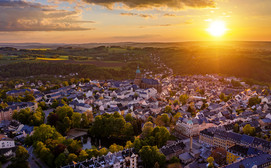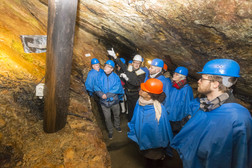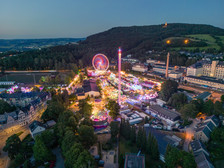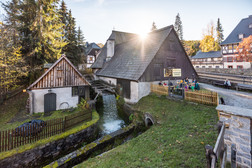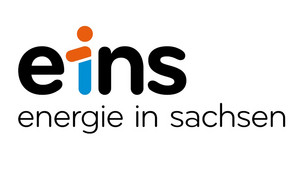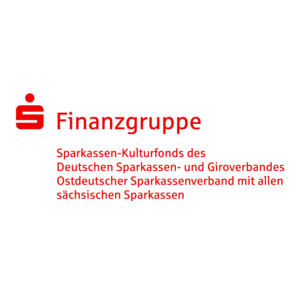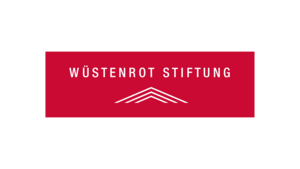In the heart of the UNESCO World Heritage Site "Montanregion Erzgebirge/Krušnohoří", around 19,500 people live in the 525-year-old district town of Annaberg-Buchholz, first mentioned as St. Annabergk in 1496. Individual districts such as Frohnau, Geyersdorf and Kleinrückerswalde are another 100 years older. The town centre of Annaberg, built in the 16th century, with its historic market square with the St. Mary's Mountain Church and the town hall and many romantic alleyways, bears witness to the town's wealth as a centre of silver mining. The imposing St Anne's Church with the Annaberger Bergaltar and St Catherine's Church with the winged altar by Hans Hesse are impressive examples of early 16th century architecture. Also worth seeing: the Eduard-von-Winterstein-Theatre hosts performances almost every day, and the Fabulix fairytale film festival has become a summer visitor magnet.
The museum landscape with the only visitor mine in the city centre, "Im Gößner", in the courtyard of the Erzgebirge Museum, the "Manufaktur der Träume" adventure museum with historical toys and folk art from Erzgebirge workshops, the Adam-Ries-Museum with the Annaberg Arithmetic School and Saxony's first technical monument, the over 400-year-old Frohnauer Hammer, is also worth a visit. Mining history and traditions are not only lived out here at Christmas time, but even more so with the mining parade and Christmas market. Hiking and skiing tours from Annaberg-Buchholz include the Pöhlberg with its viewing tower and the Schreckenberg with its castle ruins of the same name. If you want to go further, you can also reach the Bärenstein or the Greifensteine on 20-kilometre tours.
